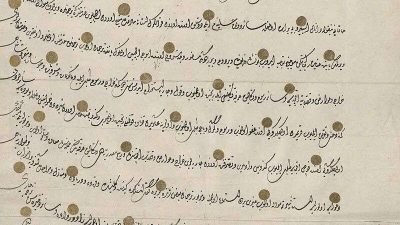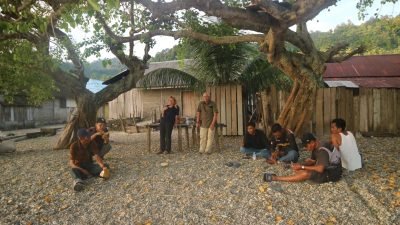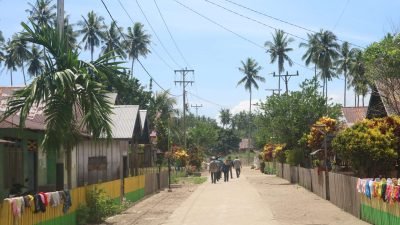In the period between the sacking of Baghdad in 656/1258 and the first Mamluk-Ilkhan war in 658/1260, tensions between the lkhanids and the Mamluks were at an all-time high. The Mongol invasions put pressure on the Mamluks to fortify their easterm borders. Political hostilities undoubtedly led to ramifications in the sphere of sociocultural and economic history. Yet the question remains, what of the impact of the political bifurcation between the Mamluk Sultanate and the Ilkhanate on the intellectual history of this period? Did the demarcation and consolidation of the territorial borders between the Mamluks and the lkhanids lead to a slower trickle of scholarly exchange and contact? This talk addresses this question through an examination of the manuscript evidence that survives from the period, focusing en the literature that was produced or copied in er around the city of Maragha and its immediate environs during the thirteenth century, at the height of tensions between the Mamluks and the llkhanids.
.









